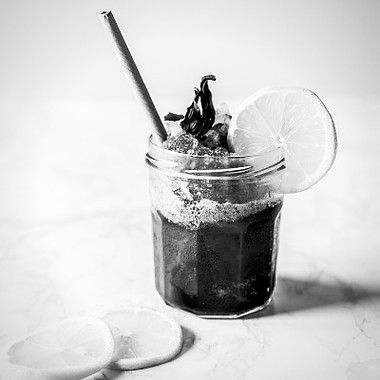

WHAT HAPPENS DURING HIIT?
During the high-intensity part of your workout - when you're pushing yourself to 85-90% of your maximum heart rate - your body uses anaerobic respiration. It doesn't have enough oxygen to produce the energy it needs at a given moment, for example when you trigger short bursts of intensity and speed. It also uses your glycogen stores (carbohydrates in your liver and muscles) to give you energy, depleting your muscles and organs of a vital fuel source. Muscle protein furthermore breaks down. During the rest periods of your HIIT workout, your body moves into aerobic respiration. It now has enough oxygen to break down carbohydrates and fat for energy. This system is more efficient, yet doesn't allow you to reach those high level of intensity that you want in your HIIT workout.
WHY IS RECOVERY SO IMPORTANT?
Imagine that your body is a machine. When a machine runs out of gas/petrol, it needs refilling. Your body is the same after an intensive workout. You have depleted its glycogen levels, used up vital oxygen, broken its muscle protein and drained its energy.Recovery will be unique to you, based on the intensity of your workout and your training goals. However, there are some general guidelines you can follow after a HIIT workout to ensure that you're getting the most out of your efforts and are ready for the next training session.

REFUEL, REPAIR, REHYDRATE
The first thing to consider is REFUELLING. You need to fill those glycogen stores you used up to avoid muscle tissue breakdown and prolonged low energy, and to improve glucose levels in your brain. Try eating healthy, slow-release carbohydrates like whole grains and cereals.
Secondly, you will need to REPAIR your body. Your damaged muscles now need protein and its amino acids to repair themselves, helping you to avoid muscle soreness. Try eating lean meats, nuts or eggs (these contain leucine, which is used for muscle protein synthesis). Antioxidants are also important as they combat oxidative stress and help mend muscles and the immune system.
Lastly, don't forget to REHYDRATE. Even though you drank something during your workout and for a time afterwards, be sure to monitor your hydration levels. These have nothing to do with your feeling of thirst. Instead, pay attention to the color of your urine - this should be pale yellow or 'straw-colored'. Water, milk, teas and sports drinks containing electrolytes are all good recovery drinks. Just be careful of the sugar content.
